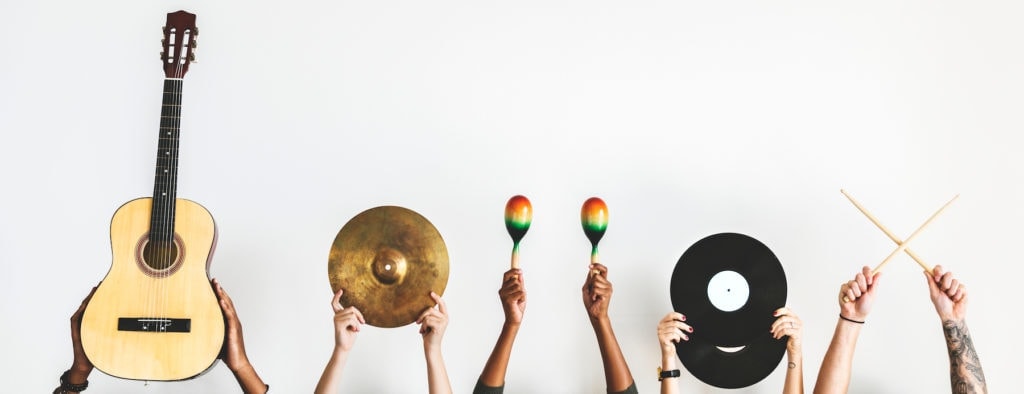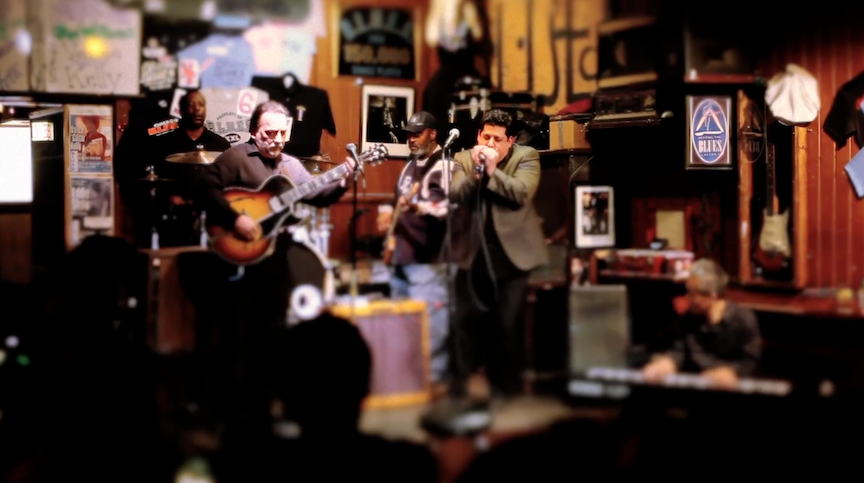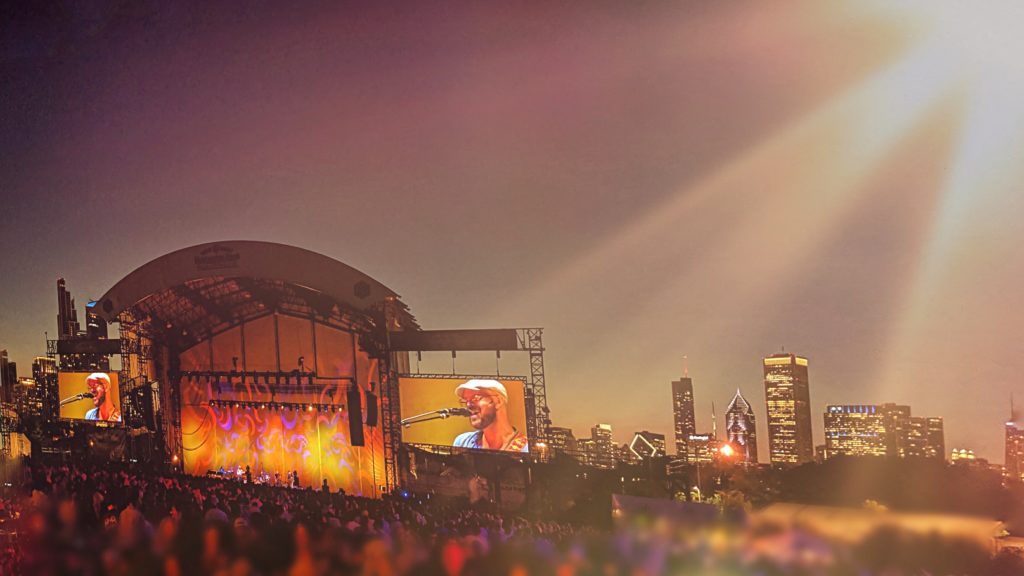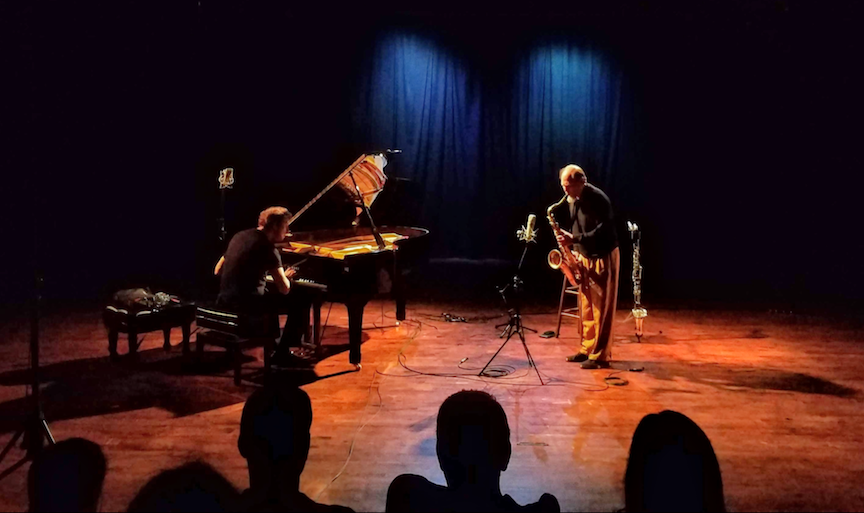Music drives much of what we do at Bottle Rocket Media. Not just in post, but in prep and on location as well. We are proud to be featured on the Universal Production Music website. Check it out!

If you enjoy finding the “perfect” music cut as much as Bottle Rocket Media’s founder, Dan Fisher, it’s a welcomed challenge. Dan is an Emmy Award-winning video editor who shared his thoughts on choosing good music for your video.
How do you choose good music for a video you’re editing?
There is nothing quite as subjective as choosing good music for videos. After all, a lifetime of musical influence is much bigger than any one video or any one editor. If you grew up within earshot of a radio or a television you have been raised with musical influence – obvious or not. Were you raised on country or R&B? Do you like electronic music or rolling piano melodies? Are you a top forty listener or mostly talk radio? All of these affect how we choose the “perfect” track(s) for a video.
At Bottle Rocket Media, when we are not working with a composer we need to keep the process fluid in order to allow for creativity as well as collaboration. The only way to do this is with a robust stock music library. I am a huge fan of music libraries. The good ones are great and the mediocre ones are terrible. There is no in between. With a music library, I can search in a variety of directions – emotional (upbeat, sad…), technical (beats per minute…), stylistic (electronic, acoustic…), even instrumentation (guitar, piano…). And a really good library will have a client services rep who knows the catalog well. This will save you time and help you gather more options.

What is the creative process on choosing music?
Seasoned editors develop a short-hand regarding what kind of music is “supposed” to work in certain situations. Typically, this is dictated by the emotional direction of the video and/or the region of the world where the video will be viewed. Of course, this only helps narrow down the choices. After this it’s anybody’s guess what will connect with the audience. For this reason, I always just choose what sounds best to me. No mind games. If it fits the tone and it sounds good I use it.

When do you begin to think about music tracks and what is your starting point?
We include music in everything we do, from script to final video. It’s helpful for the director, the actors, the editor and even the motion graphics designer. If I do not get direction from the client directly, I take my cues from the script, storyboards, and treatment. The tone of the video is usually pretty apparent from the onset of a project.
What do you avoid?
We are very collaborative at BRM. We take ideas from everywhere and the best idea always wins. That said, after the initial kickoff meeting, the fewer conversations we have about music, the better. It turns out that many people, even some of the most talented industry colleagues, cannot visualize how music will work in a video until they hear it in the video. So I like to pick music and present it with the first version. It shortens the conversation, allows us to find the final cue faster, and we get to be more creative with choices as well. We have had a great success rate with this method.
I assume ‘feeling/mood’ plays a huge role, talk to me about that.
Yes. It is everything. The mood of the script, the mood of the person picking the music, the mood of the editor and audio mixer. If anyone of these is dramatically out of alignment the music usually doesn’t work as well as we thought it would.
What are some mistakes people often make when choosing music?
To me most of the challenges surrounding music are in the non-fiction space. With scripted material, you pretty much know your end product before you start. Tone, talent, design, etc. And often you have a composer to write music specific to the final video. In the non-fiction space, you often have to switch musical direction after the first version of the video. The tone could be slightly different than planned, the music might compete with speaker’s voice or pacing, or the footage may simply inspire a new direction. All of these challenges are what makes non-fiction/documentary editing challenging and exciting.
And, after all is said and done, I always try and avoid stereotypes… At Bottle Rocket Media we approach all aspects of the process with a fresh and unique perspective, especially music. Finding the perfect cut of music is a fun challenge, and if you enjoy music as much as I do it’s a welcomed challenge.
Any technical tips?
Too often I find a cut I love that competes with the voice of my interview subjects or voiceover artists, especially with piano. A great way to make a music cut work when your budget doesn’t allow for a professional audio mixer is to use an EQ effect on the music. Just pull down the mids and the problem usually goes away.
Hey, thanks, Dan!
Have a video that needs the perfect track? Contact us here.



